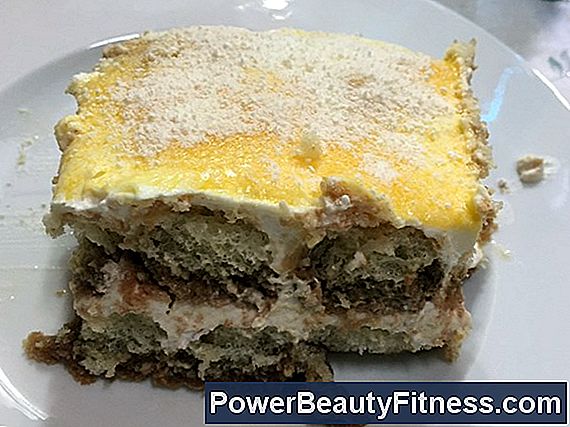

- #Alternative to metadatics archive
- #Alternative to metadatics software
- #Alternative to metadatics plus
Check them out, it's amazing software.) I'll try to re-post when I get a chance to "Audition" all of these products combined. (I have Audition, and Audacity, and neither of them work as well as Click Repair.
#Alternative to metadatics plus
BTW, I mention reel to reel, and ClickRepair app does a great job of cleaning up artifacts on tape too, plus they have an optional DeNoise and Equalizer programs too, and at a price much lower than Adobe Audition. Having one more tool like Click Repair built into Audiogate, would make it even more valuable as package marketed to vinyl enthusiasts. I would like to see Korg purchase this software, or for more people to support Click Repair so their product can become even better, (currently it is programmed in Java). Even vinyl captured in 24/96 is much more enjoyable once the pops and clicks have been eradicated, so why not enjoy it that much more during capture time, if that is possible. ClickRepair RT comes with ClickRepair, which does real-time Click Removal, which with a device like the Korg DAC, (Or any good DAC, for that matter) would allow one to enjoy listening to an album in the digital stream, whilst capturing.

As of this writing, Click Repair does not support DSD file formats and only up to 24/192 PCM.
#Alternative to metadatics software
I have been using Audacity to capture and create metadata for iTunes, and I highly recommend buying the very affordable ClickRepair software to process out the pops and clicks. I have had good results with the RIAA pre-amps in devices such as Numark DJ mixers, but looking forward to trying Audiogate curves, which will defeat any noise and distortion that hardware circuits would otherwise introduce.

#Alternative to metadatics archive
I'm planning on buying one to archive vinyl and reel to reel audio in DSD format. I haven't seen much activity on this device in practical use lately. I'd never, ever go back to listening to the discs. Now, I listen exclusively to the vinyl recordings (with clicks and pops removed). I archived all of my vinyl, made a few comparisons to the vinyl, then sold all of my analog gear. And with PCM you can remove the clicks and pops. As with DSD, if the vinyl was recorded with the speakers off, the bass might be better on the recording because there is no feedback. 24/88 and 24/96 would be difficult, but not impossible, if you focus on violin, acoustic guitar, cymbals and soundstage depth. If the vinyl was recorded with the speakers off, then the DSD128 might be superior in the bass (no acoustical feedback).Īssuming a high quality PCM DAC, I seriously doubt anyone can reliably distinguish between 24/176 and 24/192 and the vinyl. In a blind test and using content with little bass, assuming a high quality DSD recorder and playback DAC, I can't imagine that anyone, audiophile or not, can reliably distinguish between DSD128 and vinyl. How close do you feel the rip sounds to the source vinyl? Not that I am planning to get rid of the vinyl.I am just wondering if the rip is good enough to replace listening to the vinyl in your main system. I have some experience ripping Blu-ray audio or DVD-A with MAKEMV,ĭVD Audio Extractor and tagging with Metadatics. My question is has anyone tried this Korg and what was your experience? I am also interested in the workflow to get to the point of having all the metadata and art work tagged.

Storage is cheap these days.so the size of DSD or 24/192 is not really an issue. I see this new Korg DS-DAC-10R which looks to be pretty reasonable ($599) and gives you the option of ripping at up to 24-192 or 2xDSD which would let you experiment which which resolution is best. I would want to the quality of the rip to be close to or equal to playing vinyl. My objective would be to rip to the NAS and stream with Lumin. I have a Lumin A1 for streaming from Synology NAS. I have a pretty decent analog front end (refurbed Technics SP10 MKII, Basis Vector arm, Soundsmith Zephyr MIMC, Tom Tutay tube phono pre).


 0 kommentar(er)
0 kommentar(er)
